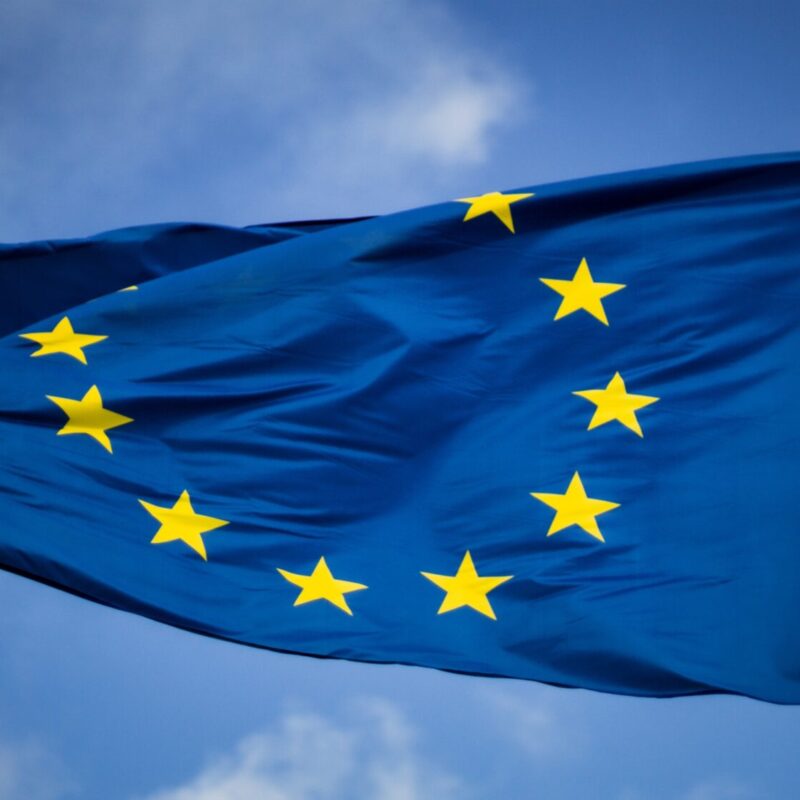Nature Restoration Law. EP

February 27 this year. The European Parliament adopted the European Parliament Legislative Resolution of February 27, 2024 on the proposal for a regulation of the European Parliament and of the Council on the restoration of natural resources (COM(2022)0304 – C9-0208/2022 – 2022/0195(COD)).
The Nature Restoration Law was widely debated and, unfortunately, modified several times in the course of its work, the vote itself coinciding with the moment of protests by farming communities in Europe. The resolution is therefore of great symbolic importance – its adoption at a time, at a moment of protests by the agricultural community across Europe is a light at the tunnel for the EU’s climate policies and climate goals.
In practice, the provisions were watered down at the stage of work in the European Parliament’s committees – the Committee on the Environment, Public Health and Food Safety (S&D MEP César Luena was the rapporteur), and the opinion committees that are the committees involved – the EP Committee on Agriculture and Rural Development and the EP Committee on Fisheries. The result is that instead of a decisive act that would be the basis for the protection of ecosystems and biodiversity, we have very compromise, weakened and often conditional provisions.
The most important findings concern restoring at least 30% of the habitats covered by the new law (from forests, grasslands and wetlands to rivers, lakes and corals) from poor to good status by 2030. EU countries should prioritize Natura 2000 sites by 2030. The regulation refers to: restoration of terrestrial, coastal and freshwater ecosystems; restoration of marine ecosystems, renewable energy, national defense, restoration of urban ecosystems, restoration of pollinating insect populations, restoration of agricultural ecosystems, restoration of forest ecosystems, planting 3 billion additional trees.
To implement the provisions, member states will have to adopt national restoration plans detailing how they intend to achieve these goals. This paves the way for consultations, to develop a plan that will actually safeguard people’s quality of life, human rights and protect nature and the environment. Each member state prepares a national plan for the restoration of natural resources, and conducts the monitoring and preparatory studies needed to determine the restoration measures needed to meet restoration goals and commitments. The national natural resources restoration plan shall cover the period up to 2050 with intermediate deadlines for targets and obligations. Each country will have 24 months to submit the plan.
From REV’s point of view, the most important provision is at the same time the one that is most dangerous to the protection of human rights and the planet, and contradicts the food security goal: „In the event of an unforeseeable, exceptional and unprovoked event, beyond the control of the Union, with serious Union-wide consequences for the availability of land necessary to ensure sufficient agricultural production for consumption in the Union, the Commission shall adopt implementing acts that are both necessary and justified in an emergency situation. Such implementing acts may temporarily suspend the application of the relevant provisions of this Act.”
This is a major weakening in the context of achieving the already unambitious goals of protecting ecosystems in agriculture. The law provides an emergency brake, according to the Parliament’s proposal, so targets for agricultural ecosystems can be suspended in exceptional circumstances if they severely limit the land needed for sufficient food production for EU consumption. The EC itself concludes that climate targets in the agricultural sector are being implemented too slowly, and the transformation of the food and agriculture system continues to be implemented too slowly – in terms of challenges to the farmers themselves and production security, but also to the lives and health of consumer people.
Among the less controversial topics was that members ensure that there is no net loss of urban green spaces, including tree crowns, by 2030, and restore at least 25,000 kilometers of free-flowing rivers across the EU by 2030 by removing obsolete barriers. Members are also taking appropriate and effective measures to halt the decline in pollinator diversity by 2030.
In conclusion – mandatory national plans are the right direction, but the conditionality of the regulation’s provisions makes it a collection of advice and recommendations instead of an actual path to ecosystem protection. There is a lot of work ahead for Poland to rise to the occasion and begin an era of caring for the environment and ecosystems, not just industry. A conditional exemption for agriculture will cause huge long-term damage to farmers and risks to food security and food safety.
Credit: unsplash

